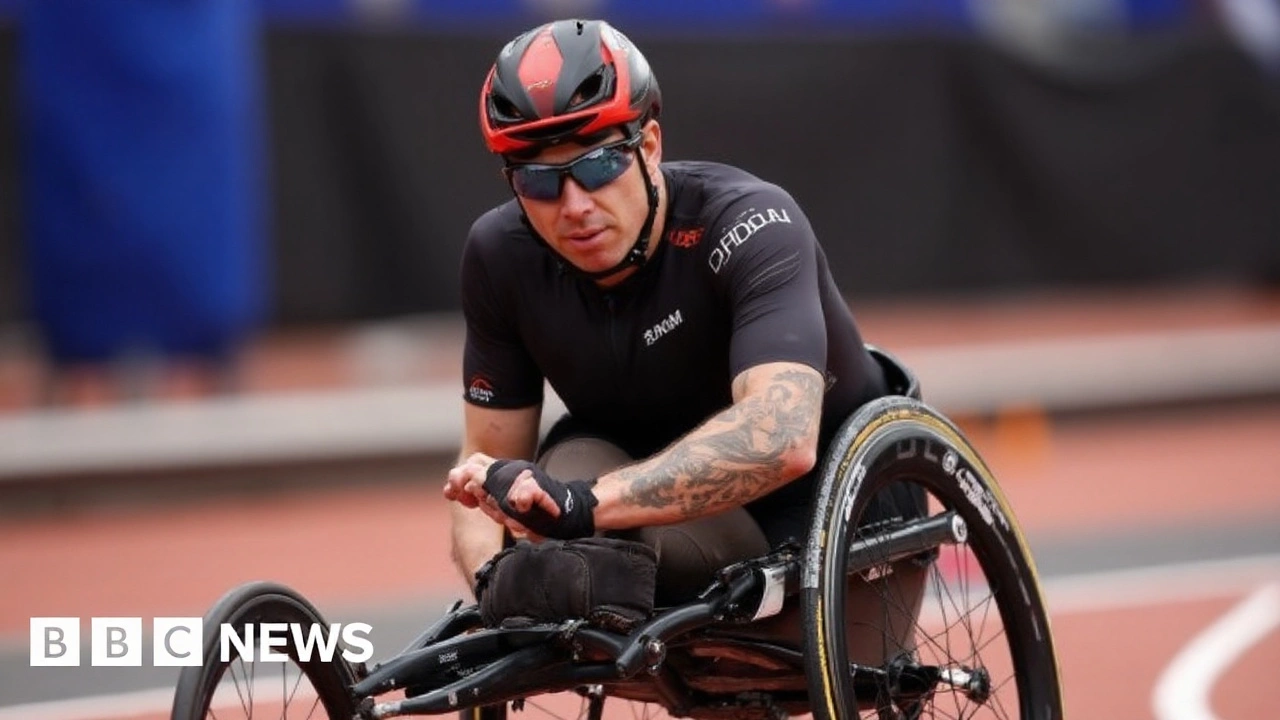Retirement: What It Means and Why It Matters
When talking about retirement, the stage when a person stops working full‑time and shifts focus to personal interests, health, and finances. Also known as post‑career phase, it can feel both freeing and daunting. career transition, the process of moving from a long‑time profession into a new role or hobby is a core part of retirement, because most people need to find purpose beyond a paycheck. Likewise, pension planning, the strategy of saving and managing funds to support living costs after work ends underpins a secure retirement, giving peace of mind when the regular salary stops. These three ideas—retirement, career transition, and pension planning—are tightly linked, forming the backbone of a smooth life change.
How Retirement Looks in Sports and Everyday Careers
For athletes, retirement often arrives earlier than in other jobs, and the post‑sport life, the period after an athletic career ends, filled with new opportunities and challenges becomes a key factor in their overall wellbeing. A former football star might swap stadium lights for a coaching badge, while a retired NFL player may choose luxury hotel stays as a way to relax after years of travel. The same principle applies to non‑sports careers: a politician stepping down after a long tenure faces a “second act” that can include public speaking, writing, or mentoring. In both worlds, the quality of pension planning decides whether the next chapter feels like a vacation or a financial scramble.
Age also plays a big role. As people grow older, the ageing athlete, an older sports professional dealing with physical decline and new health concerns must balance lingering injuries with the desire to stay active. This balance influences retirement timing and the kind of career transition they pursue. A cricketer from Pakistan, for example, might move into commentary or youth coaching, leveraging fame while respecting physical limits. Similarly, a retired railway worker may join a local community board, using experience without the strain of a full‑time job.
Retirement also brings lifestyle shifts that many overlook. Watching sports on a cheap streaming service, for instance, becomes part of the daily routine when you’re no longer tied to a corporate schedule. Cutting the cable bill and using a digital antenna or a budget streaming plan can free up money for pension contributions or travel. Knowing the cheapest ways to stay entertained helps stretch the retirement budget further, reinforcing the link between smart financial choices and a relaxed post‑work life.
Another hidden aspect is mental health. People often assume that once you stop working, stress fades, but the opposite can happen if you’re not prepared. Speaking in court, dealing with a legal issue, or simply navigating everyday decisions can feel overwhelming without the structure a job provides. Access to mental‑health resources, whether through a pension plan or community services, can make the retirement transition smoother. This shows how retirement isn’t just about money; it’s also about staying mentally sharp and emotionally balanced.
All these pieces—career transition, pension planning, post‑sport life, ageing concerns, and mental wellbeing—fit together like a puzzle. When one piece is strong, the whole picture looks brighter. That’s why understanding each element helps you plan a retirement that feels like a fresh start rather than a slow fade. Below you’ll find a mix of stories and tips that touch on everything from athlete retirements to budget‑friendly sports streaming, giving you real‑world examples to help shape your own next chapter.
David Weir retires from Great Britain after Paris 2024 marathon — no evidence of Sussex move
David Weir, a six-time Paralympic champion, finished fifth in the T54 marathon at Paris 2024 and announced his retirement from international competition for Great Britain. He will keep racing major marathons. Despite chatter, there’s no confirmed information that he’s moving to Sussex. Weir’s career spans from Atlanta 1996 to London 2012 glory, with 10 Paralympic medals and eight London Marathon wins.
Read More
